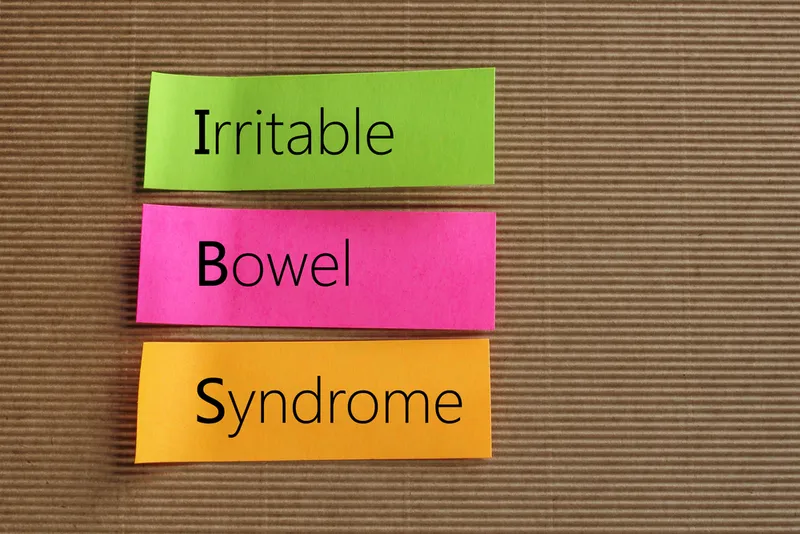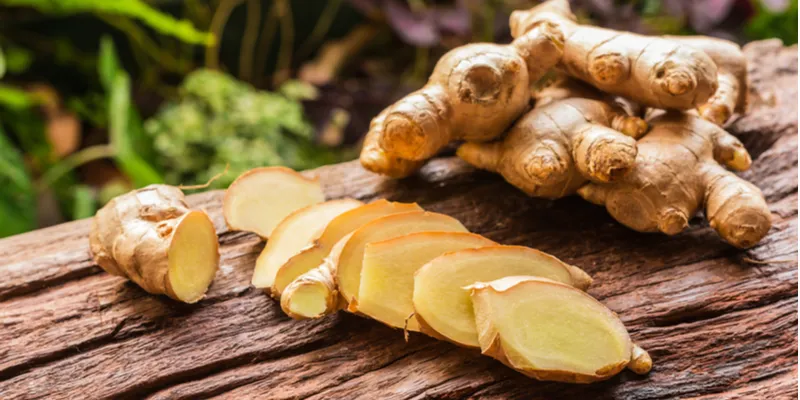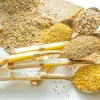Gut diaries: What is IBS and do you have it?
Your gut is central to all health, which is why it is important to get to the roots of what is causing you IBS or Irritable Bowel Syndrome instead of just focusing on medication.
Irritable Bowel Syndrome or IBS is a blanket term given to several different symptoms and conditions related to your gut.
It can range from common digestive symptoms like gas, bloating, constipation and diarrhoea, to more severe symptoms such as rectal bleeding, nausea, headaches, spasms, chronic fatigue, mental health symptoms and inability to eat or digest. Conditions can get so severe that they can be Crohn’s and Colitis that are autoimmune in nature.

Difference between treating symptoms and getting to the roots
Your gut is definitely the space that is central to all health. Treating your symptoms with medication can only keep you in a loop of moving from system to system, doctor to doctor, and treatment to treatment.
Getting to the roots of why your gastrointestinal tract is severely inflamed is critical. The most common root cause of IBS are specific or nonspecific food allergies or sensitivities, high stress, lack of adequate fibre, pathogenic bacterial overgrowth, the overuse of antibiotics or antacids, hormonal imbalances, toxic overload, poor sleep, and chronic systemic inflammation.
Stress is one of the biggest triggers for a flare-up since elevation in cortisol raises inflammation. Poor sleep can also be an immune stressor.

Begin with dietary changes
Common triggers for IBS and gut issues is the consumption of dairy. Most people who are labelled with IBS actually have dairy sensitivity or lactose intolerance. Gluten and refined sugar are also big triggers.
The reason for this is that dairy and gluten are complex foods to breakdown. When they are not broken down by your body, especially when gut health is compromised, your immune system thinks of the molecules as a danger and launches an immune attack.

This keeps you in a state of inflammation. When you eat sugar, you tend to feed the pathogenic bacteria and create a shift in the balance between beneficial and pathogenic bacteria, leading to dysbiosis. Dysbiosis is the primary reason for hyperpermeability in the intestine, which leads to gastrointestinal inflammation.
- The first step is to eliminate gluten, dairy, sugar, refined carbohydrates, starches, and raw foods for some time until digestion is easier.
- Caffeine and alcohol should also be eliminated alongside.
- You might also need something, which is healing to the mucous membrane like broth, collagen, or aloe.
- Also, avoid fried foods to lighten the load on your liver. Quite honestly, sometimes this is all it takes.
- Include fibre but do this slowly. You might want to begin with soluble fibre found in oats, stewed apples, and cooked vegetables and light lentils.
What more do you need?
You may need some support in the form of herbs, nutrients and teas. Gentle fibre such as psyllium husk might be helpful provided that it is used very slowly. Ginger has antispasmodic properties that can help with the pain.
Grate some fresh ginger root and pour in some hot water. Allow it to sit for five minutes, strain, and drink the tea. Consuming ginger tea can also help to reduce inflammation of the gut slowly. Ginger is a potent spice that you need to pay attention to.

You have to find your Goldilocks amount. Consuming too little may not alleviate your symptoms or help you heal your condition. Consuming too much can trigger excess hunger or heartburn.
Have one cup a day and gradually see how much more you can add without trouble. Peppermint is also as potent. My advice would be peppermint tea rather than capsules. Peppermint tea helps to relax your intestine, reduce spasm and relieve painful gas and bloating.
You might need to also look at rebuilding the gut microbiome with probiotics. I do not advise fermented foods for everyone as some IBS symptoms can be brought on by the fermented foods themselves. Some people do well with yoghurt while eliminating other forms of dairy.
You must pay attention to your body and be patient. Always make changes gradually so that you can actually understand the connections and have clarity on what is helpful, benign or harmful.
Things for a healthy gut
A healthy gastrointestinal tract requires strong muscles around it. Having no form of exercise can be harmful as it also prevents overall healing due to a congested lymphatic and circulatory system.
Whenever you feel a little better start to include gentle movement such as walking. Exercise relieves stress and releases your natural painkilling beta-endorphins. It also keeps your digestive system working better.
When you can add abdominal strengthening exercises, they can be a game-changer as well. Strong abdominal muscles are great for healthy peristalsis which is the natural intestinal movement.

Focusing on some stress-relieving practices is also very key. You might have heard this many times over but ask yourself if you actually do give yourself time and space for this. If you struggle to sit in meditation begin with gentle yoga instead. Allow yourself to connect with slow and deep breathing, rather than bringing attention to achieving goals of postures.
Remember that IBS can keep you in a state of sympathetic dominance and vice versa where you are in that fight, flight or freeze mode. Shifting to a parasympathetic state is needed to get to a rest, digest, and heal state.
Don’t ignore the subtle practices as they can be the most potent ones on your path towards true healing.
Edited by Saheli Sen Gupta









